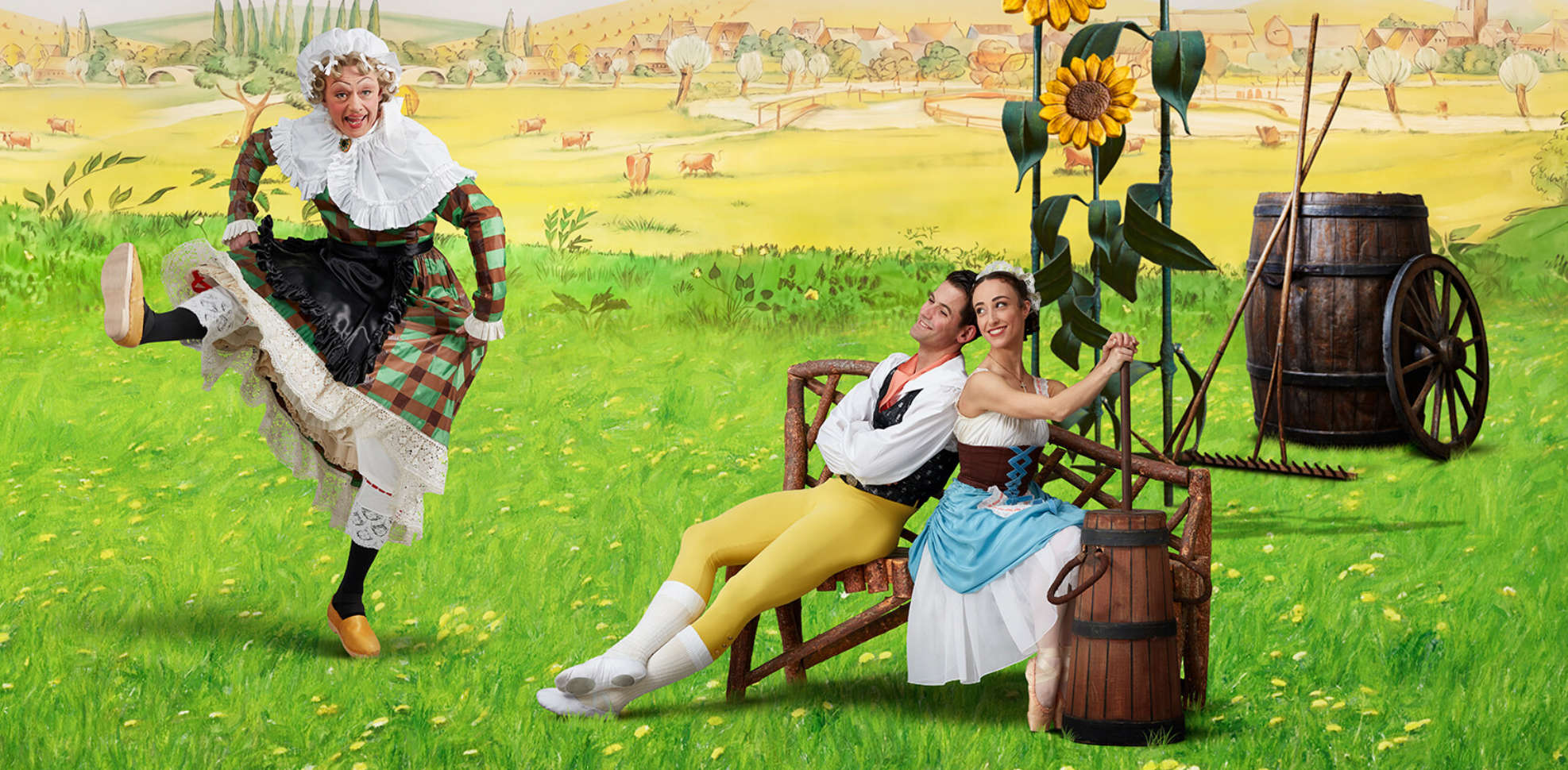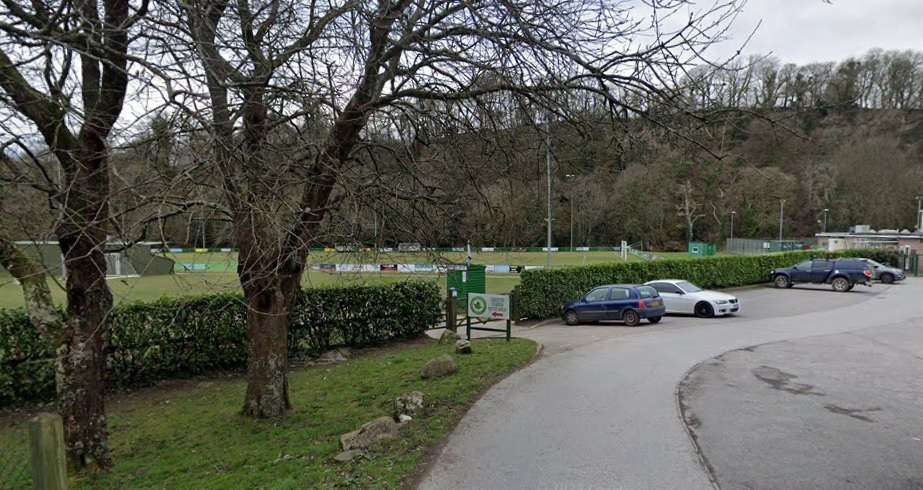
Endearing, entertaining - and of its era

Birmingham Royal Ballet's revival of La Fille mal gardée, is a journey back in time to a more simple, romanticised rural England: an age-old tale of two young people in love facing obstacles to their future together.
The beautiful character of Lise is a farm girl whose mother, Simone, doesn’t approve of her daughter plans for a future with Colas, a handsome, but penniless farm boy, when sweet naïve and well-heeled Alain is on the market.
The ballet takes us through Lise and Colas’s stolen moments, the attempted courtship of Lise by Alain and finally, the acceptance and celebration of
their enduring relationship. It's nothing if not a traditional story.
The lead dancers are remarkable. Lise is on point for inordinate amount of time, with exquisite control, unending pirouettes, huge leaps and flowing tutus. The strength and agility of Colas. If you can hold a dancer above your head solely on the palm of one hand, the girl is either foolhardy or you're a man to be trusted,
Supporting dancers are equally polished, demonstrating synchronicity and focused awareness. There is an extensive, and highly proficient, use of
props throughout, and a marvellous maypole is a majestic centerpiece in Act II.
Although uplifting and joyful overall, there is a pantomime feel to the production, which opens with a delightful and energetic dance from the farm chickens, who appear again as a further treat, later in the show. Lise’s mother, Simone, is played by a male dancer as a ‘Widow Twanky’ stereotype, together with the accompanying slapstick comedy.
An endearing clog dance by Simone is a quirky and pleasing interlude amidst the classical ballet movements.
Alongside this humour though, there are noticeable sexist undertones to the piece that one may find difficult to swallow. Younger women in particular may feel some disquiet watching Lise locked away for disagreeing with her arranged marriage, and the general man-handling of women by their male counterparts.
This however can be brushed aside to some extent. The production of this ballet was in the 1960s. In some respect, it is of its era.
If you can overlook the outdated stereotypical portrayal of women as chattels and the spanking and beating of the leading lady when she is caught trying to be with her love, this is an amusing, colourful, light-hearted tale, made all the more enchanting by Welsh mountain pony, Oscar, who, as the dancers will undoubtedly attest, is definitely the star of the show.
 West Devon planners say no to net-zero plans
West Devon planners say no to net-zero plans
 East Devon theatre needs your help
East Devon theatre needs your help
 Ivybridge football project given go ahead
Ivybridge football project given go ahead
 Farage condemns Devon's 'woke' Tories
Farage condemns Devon's 'woke' Tories
 Dangerous voyeur jailed
Dangerous voyeur jailed
